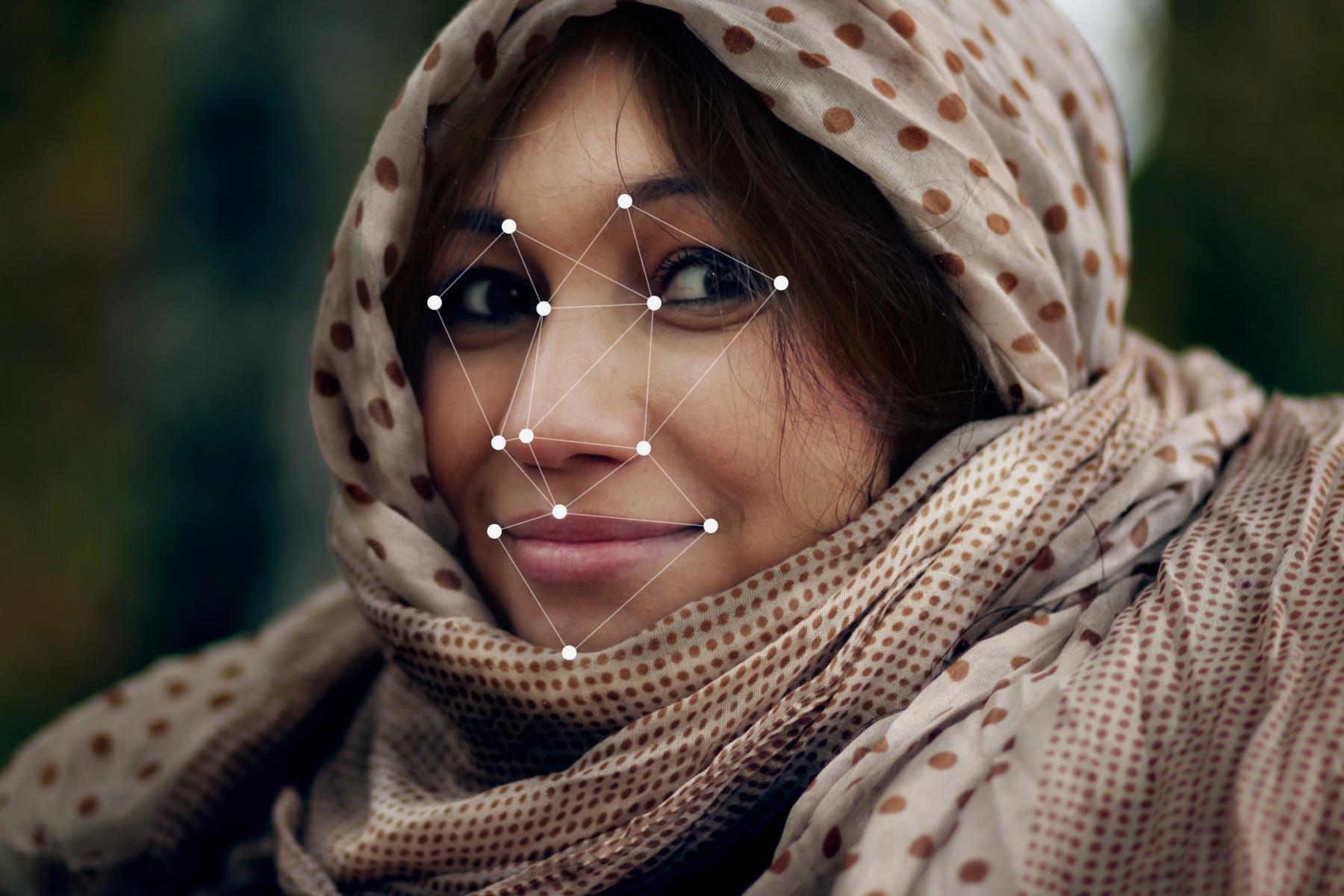-
Life, but not as we know it?
Jeannie Marie Paterson | June 20, 2022The recent claim that Google’s chatbot LamDA had an existential discussion with a senior software engineer has grabbed the world’s attention.
-
The uncanny valley of digital assistants
Jeannie Marie Paterson | June 19, 2022Technology companies go to great lengths to make their digital assistants appear human to encourage their use and reap data from them, but this can leave users in an unsettling ‘uncanny valley’ between the realms of humans and machines.
-
Bladerunner 2022
Jeannie Marie Paterson | February 23, 2022In 1982, Blade Runner floored audiences with its technodystopian depiction of the future. Almost 40 years on, some of these projections seem eerily and depressingly accurate today, particularly in the development of humanoid robots.
-
Will freedom be a casualty in the war against COVID-19?
Jeannie Marie Paterson | April 8, 2020Mass digital surveillance is increasingly being used around the world to control COVID-19. But once the pandemic fades, will the surveillance stay?
-
Should we work with AI – or kill it?
Jeannie Marie Paterson | August 7, 2019Artificial intelligence is already impacting the way we work – but for the next generation of professionals, human-machine collaboration could be the norm. And now is the time to think about the values we want in that relationship.
-
Making information accessible for everyone
Jeannie Marie Paterson | December 24, 2018Essential but often complex services like banks, utilities and phones need to be accessible for all, including those with cognitive disabilities. Here’s how you do it.
-
Unwrapping your rights with your Christmas gadgets
Jeannie Marie Paterson | December 21, 2018You may be excited about the digital device under the Christmas tree, but what are your consumer rights and protections when it comes to issues like privacy?
-
How can we stop AI discriminating?
Jeannie Marie Paterson | November 16, 2018Combating bias and creating more inclusive AI is unlikely to succeed unless developers include those people who have been historically excluded or ignored.









